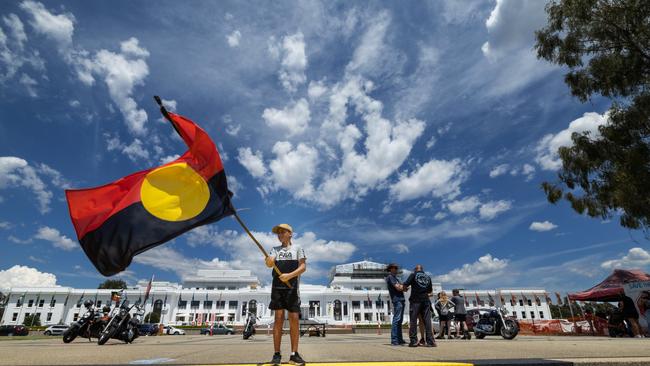
But if he is wrong, and the constitutional experts advising me say there is a greater than 50 per cent chance that his controversial opinion will be rejected by the High Court, then it will be the non-Aboriginal and Torres Strait Islander Australians who will have been duped.
The voice referendum aimed to achieve reconciliation.
Instead, it has now become akin to a High Court poker game, where the loser will have been double-crossed.
Inevitably, that will create much greater tensions and underlines the dangers of using the Constitution to differentiate between the entitlements of different groups of Australians.
The keywords in the proposed referendum are crystal clear: A body representing Indigenous people is to be empowered “to make representations to the parliament and the executive government of the Commonwealth on matters relating to Aboriginal and Torres Strait Islander peoples”.
That’s a constitutional right that an ordinary person might take to mean that the parliament and the government departments – the executive government – would be required to make it possible for the Indigenous people to make those representations, and for the parliament and government departments to properly consider them, although they do not have to accept the representations.
It is true that there is an extra sentence that gives the parliament the power to make laws on the voice body, “including its composition, functions, powers and procedures”.
But the referendum proposal makes it clear that the power is subject to the Constitution, and Indigenous people might have reasonably assumed that parliamentary actions would be simply confined to reasonable rules to facilitate the constitutional obligations.
Indeed, in the negotiations leading up to the final wording the Solicitor-General and others put forward proposals to change the wording, but the Indigenous people refused because their advice was that the unfettered right to make representations should not be watered down, particularly as there was no limitation on what qualified as “matters relating to Aboriginal and Torres Strait Islander peoples”.
The Solicitor-General’s interpretation of what the proposed Constitution words mean is vastly different from what many Indigenous people believe they signed up to.
The first shock for Indigenous people comes from the Solicitor-General’s claims that the amended Constitution “imposes no obligations of any kind upon the voice, the parliament or the executive government”.
Then comes a follow-up blow, stating that the amended Constitution would not “impose any enforceable obligation upon the parliament to consider representations from the voice”.
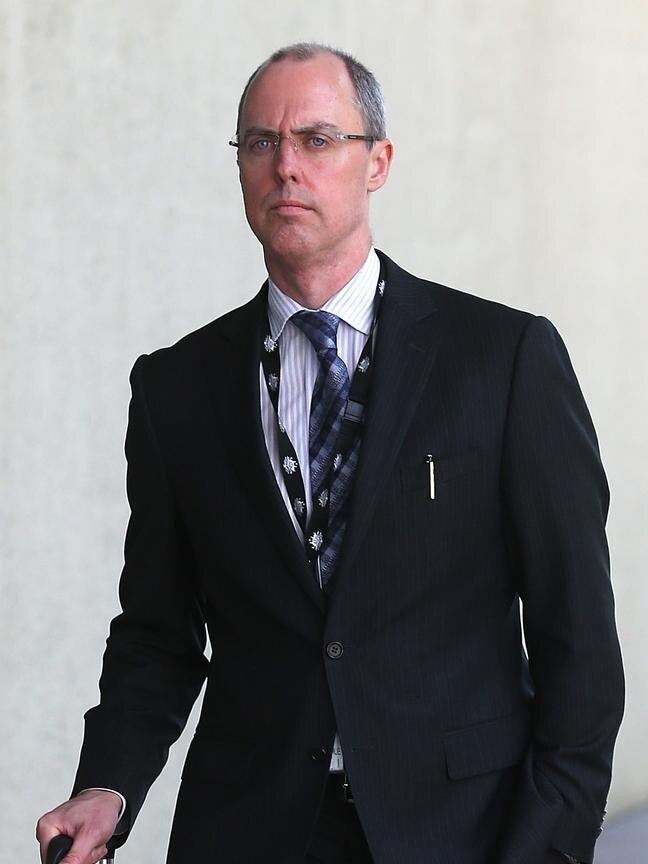
It seems that the Solicitor-General believes the parliament may consider the constitutionally empowered voice body’s representations, but it does not have to.
In the case of representations to parliament, the task is relatively straightforward because the issues are on the parliamentary table for all to see.
But when it comes to the executive government, which includes government departments, it’s harder to make representations because in many instances (but not all) outsiders don’t know what is being considered until the decision is made. This particularly applies to budget measures.
To implement the constitutional power set to be awarded to the voice body to make representations to government departments, the voice body would need to be informed of issues that were being considered. Otherwise, the powers become close to worthless in many issues.
The former Shadow Attorney-General Julian Leeser saw the problem and wanted the power to make representations to the executive government removed.
Sadly, the Solicitor-General does not delve into the detail, but his view is very clear.
The Constitution “would not impose any obligations upon the executive government to follow representations of the voice, or to consult with the voice prior to developing any policy or making any decision”.
If the High Court endorses the Solicitor-General’s opinion, then we are going to set up a complex body where the parliament does not have to consider its representations, and the public service can announce decisions before there was any chance of a meaningful voice of representation.
In practice, it is likely that at least the parliament will consider voice representations, and it is likely the departments will assist, but the bottom line is that such actions are akin to an optional extra, if the Solicitor-General is right.
Accordingly, the Solicitor-General is able to declare that the voice’s “function of making representations will not fetter or impede the exercise of the existing powers of the parliament”.
My two recent comments on the voice made different assumptions as to what the High Court might decide – but recognised that a counter view existed – and came to different conclusions.
I assumed that the High Court would take a very serious at view of the “representation” powers that had been inserted by the Australian public in the Constitution and would declare unconstitutional or invalid legislation where proper opportunity had not been given to make representations or those representations were not properly considered.
It is agreed by all that there is no obligation on the parliament or the executive government to accept those representations. Under my scenarios the process of government would not be stopped, but rather be slowed considerably.
Others can decide whether such a slowing “fetters or impedes” parliament.
If the Solicitor-General is wrong, and I repeat there is at least a 50 per cent chance that he is wrong, then Australian non-Indigenous people will have changed the Constitution on the basis of a false premise.
And if he is right, then Indigenous people will also have been misled.
This is an appalling situation and requires senior members of the government not to simply leave the matter to the Prime Minister and Solicitor-General.
Playing racial politics with a Constitution is not in the interests of any nation.


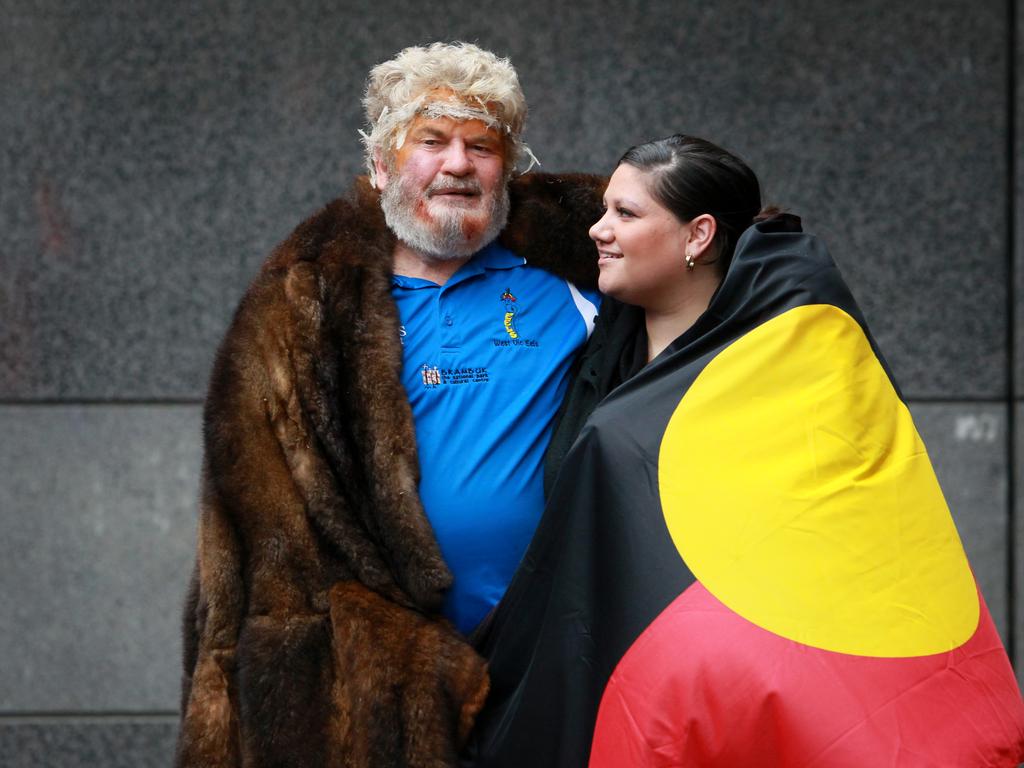
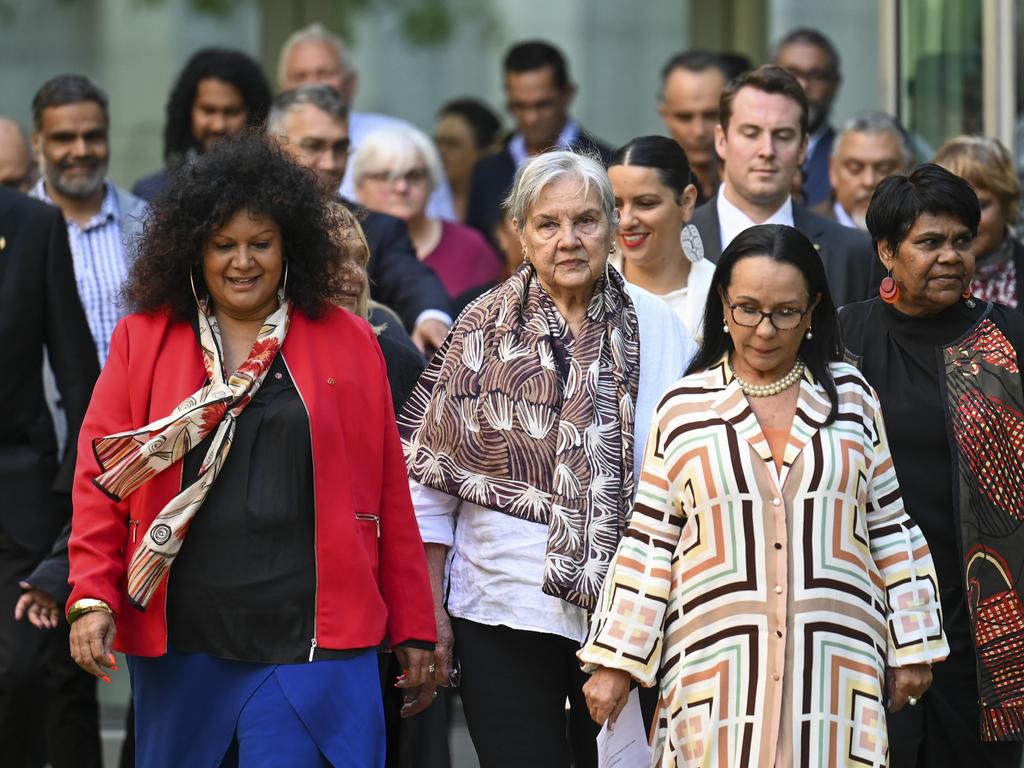
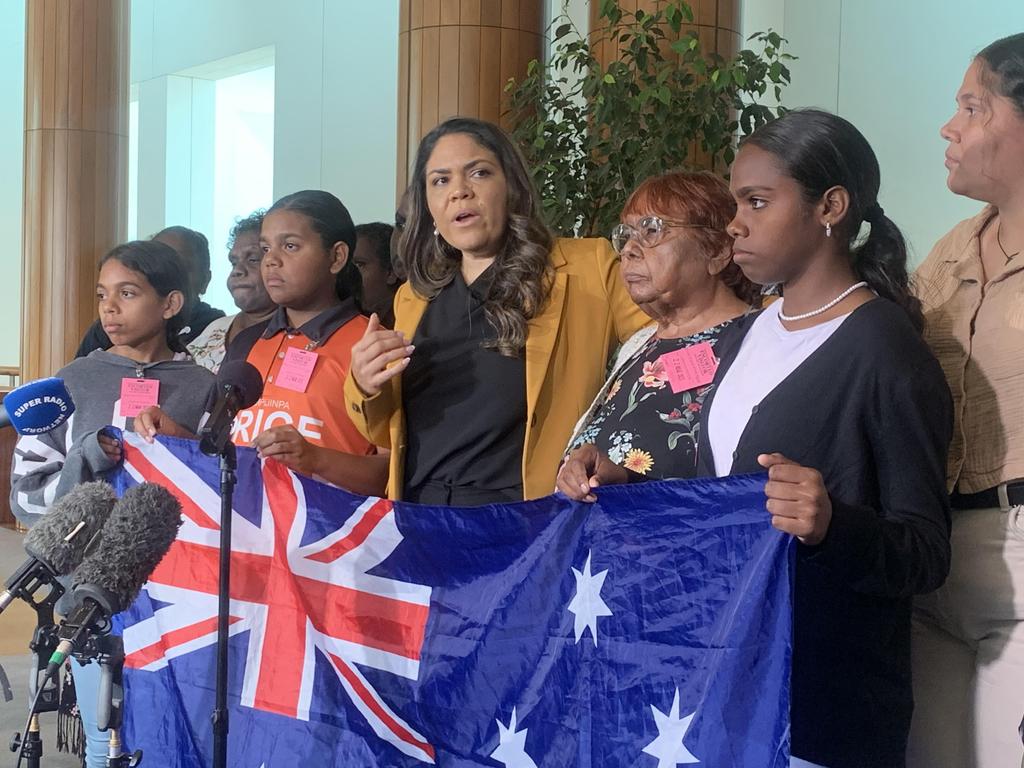



If the Solicitor-General’s opinion on how the voice referendum will work is correct, then Aboriginal and Torres Strait Islander peoples will have good reason to believe they were duped.